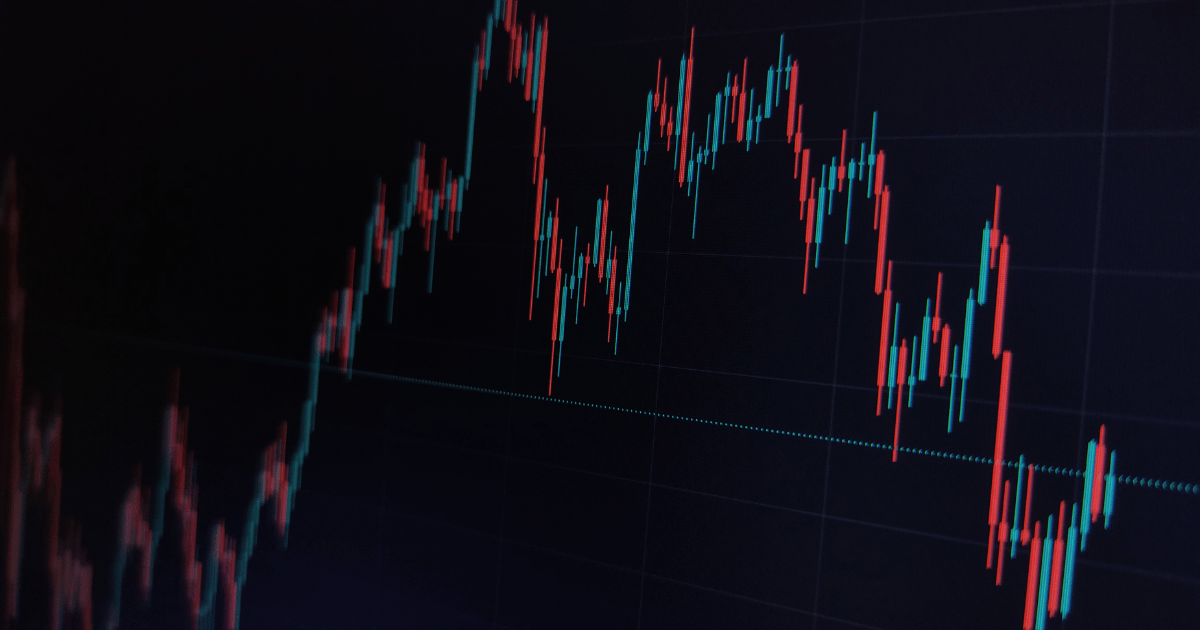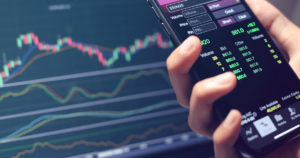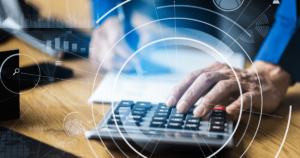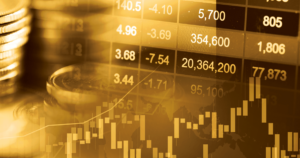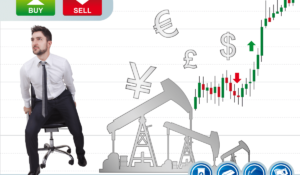Common Pitfalls Faced by Traders and How to Correct Them
Understanding the Learning Process
The article highlights the importance of experience and the learning process in trading. Just as mastering any skill, trading requires practice and breaking down the task into smaller, manageable elements. By focusing on each component individually and automating it through practice, traders can free up their mental capacity to make better decisions and handle the complexities of the market.
Identifying Mistakes
One of the key insights shared in the article is the need for traders to identify their mistakes. These may include entering the market impulsively without proper analysis, prematurely closing positions, or succumbing to emotional biases such as fear and greed. By recognizing these mistakes, traders can take steps to rectify them and improve their overall trading performance.
The Role of Psychology
Psychology plays a significant role in trading, and emotional management is crucial for success. The article touches on the emotional challenges faced by traders, including anxiety, impulsiveness, and the desire for revenge. It emphasizes the importance of understanding one’s personal script, which encompasses deep-rooted beliefs and messages received from early experiences. Uncovering and addressing these psychological barriers can help traders develop a healthier and more effective approach to trading.
Correcting Mistakes
To correct mistakes and overcome fears, traders can employ various strategies. The article mentions two exercises aimed at unmasking negative scripts and challenging self-destructive messages. These exercises help traders gain clarity and work towards developing a more positive and productive mindset. Additionally, seeking professional guidance, participating in trading communities, and engaging in continuous education can provide valuable support and insights for personal growth as a trader.
Key Takeaways
- Trading is a skill that requires practice and experience. Breaking down the task into smaller elements and automating them through practice can enhance trading performance.
- Recognize and address common mistakes, such as impulsive trading and emotional biases, to improve decision-making.
- Understand the role of psychology in trading. Identify personal scripts and work towards developing a healthier and more effective mindset.
- Engage in exercises and practices aimed at unmasking negative scripts and challenging self-destructive messages.
- Seek professional guidance, join trading communities, and invest in continuous education to enhance trading skills and knowledge.
Conclusion
Trading successfully in modern markets involves overcoming common mistakes and fears that can hinder progress. By understanding the learning process, identifying personal mistakes, and addressing psychological barriers, traders can develop a more effective and resilient approach to trading. Implementing the strategies mentioned, engaging in self-reflection, and seeking support from the trading community can contribute to long-term success in the dynamic world of trading.
Frequently Asked Questions
How can I improve my decision-making as a trader?
Improving decision-making involves practicing disciplined analysis, avoiding impulsive trading, and managing emotional biases. It is essential to develop a systematic approach and stick to a well-defined trading plan.
How can I control my emotions while trading?
Controlling emotions requires self-awareness and emotional management techniques. These may include deep breathing exercises, taking breaks during stressful trading periods, and reframing negative thoughts. Developing a mindfulness practice can also help in maintaining emotional balance.
Should I seek professional guidance as a trader?
Seeking professional guidance, such as working with a trading coach or mentor, can provide valuable insights, accountability, and personalized advice. A professional can help identify blind spots, offer guidance on strategy development, and provide support during challenging trading periods.
What is the role of continuous education in trading?
Continuous education is vital for traders to stay updated with market trends, new strategies, and evolving regulations. Engaging in courses, webinars, and workshops can expand knowledge, provide fresh perspectives, and enhance trading skills.
How long does it take to become a successful trader?
Becoming a successful trader is a journey that varies for each individual. It depends on factors such as dedication, discipline, and the ability to learn from mistakes. While there is no fixed timeline, consistent effort, ongoing learning, and adaptability are key to long-term success.
In conclusion, by understanding the common mistakes and fears faced by modern traders and implementing strategies to correct them, traders can enhance their trading performance and achieve their financial goals. Developing a disciplined mindset, managing emotions, and seeking continuous education are essential elements for long-term success in the dynamic world of trading.

